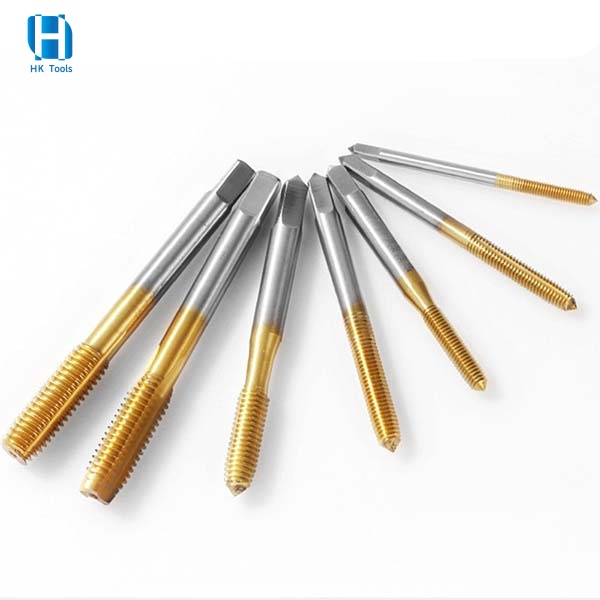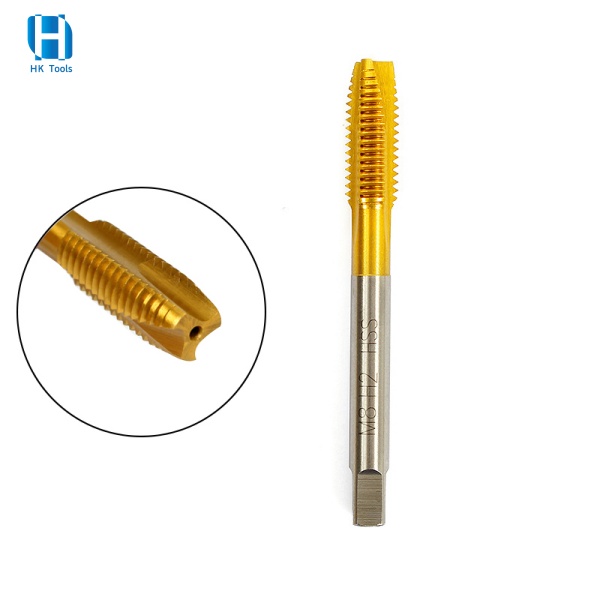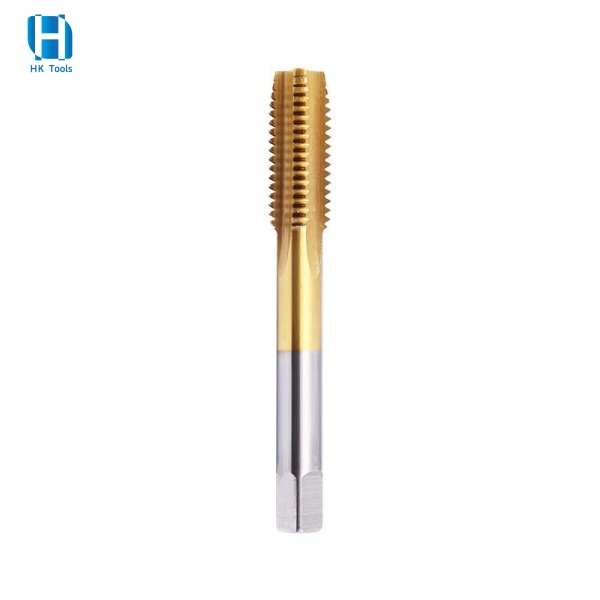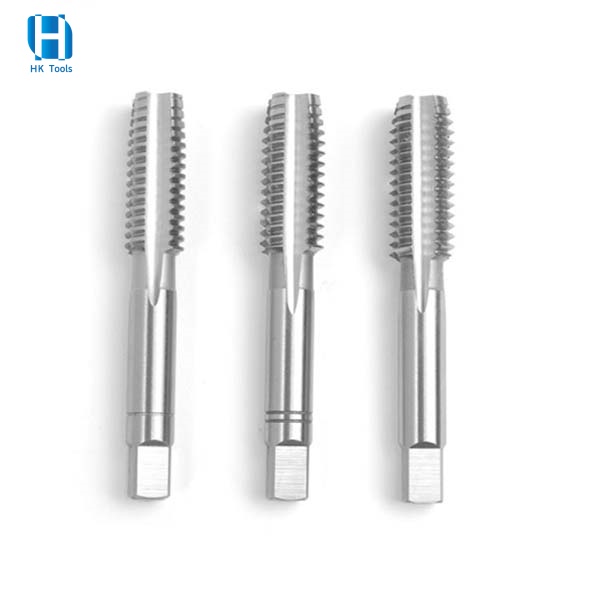What is Forming Taps?
Forming Taps (Roll Taps / Extrusion Taps) are high-speed steel tools that create internal threads by cold-forming the material instead of cutting. They work by plastically deforming the workpiece, pushing material radially to form threads without producing chips. This chip-less process is ideal for blind and deep holes, eliminating chip clogging and reducing tap breakage.
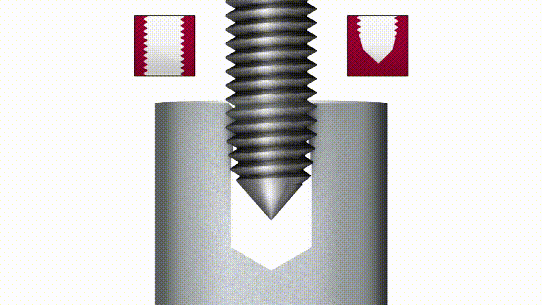
Forming taps produce threads with over 30% higher tensile and fatigue strength due to preserved material grain flow and work hardening. They also deliver smooth, burr-free surfaces (Ra ≤ 1.6 μm), ensuring better sealing and thread precision. Because there are no cutting edges, these taps last 3 to 10 times longer than traditional cutting taps.
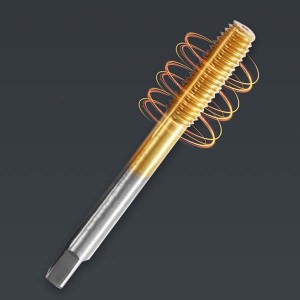
They are suitable for ductile materials like low-carbon steel, aluminum and copper alloys, and austenitic stainless steels (e.g., 304, 316). However, they are not recommended for brittle materials such as cast iron or hardened steel. Precise pilot hole sizing is critical—typically 70% to 85% of the thread pitch diameter, which is larger than for cutting taps. Proper lubrication with high-viscosity tapping oils is essential to reduce forming torque and prevent galling.
Forming taps require higher torque (about 1.2 to 1.5 times that of cutting taps) and machine rigidity, and recommended speeds are generally higher—10–20 m/min for steel and 20–50 m/min for aluminum. For blind holes, leaving a thread-free zone of at least 1.5 times the pitch at the bottom prevents material buildup.
Common applications include aerospace components, automotive engine parts, medical device threads, and electronic aluminum enclosures where high-strength, precise, and burr-free internal threads are needed.
Post time: Jun-13-2025





